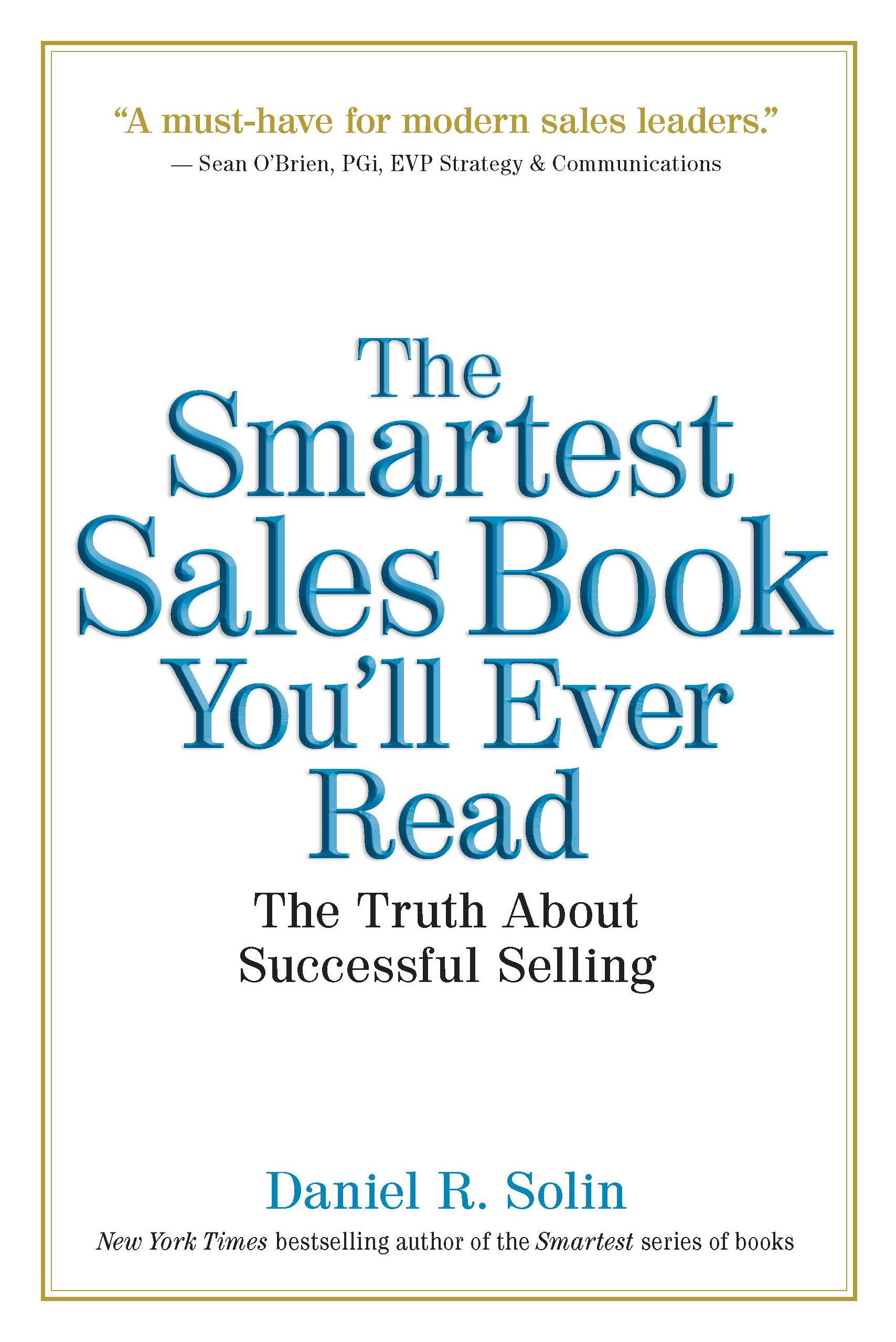There is a potential problem looming in your retirement portfolio. Unfortunately, there is little you can do about its cause because it resides in the deep recesses of your brain.
As we age, the likelihood that many of us will be afflicted with Alzheimer's or other dementia increases. By some estimates, 14 million people in the United States will suffer from some form of dementia by 2050. The problem is exacerbated by the relative wealth of senior citizens. Older adults make up only 13 percent of the population, but they hold 34 percent of the nation's wealth.
In testimony before the U.S. House of Representatives' Committee on Energy and Commerce, Vermont Attorney General William Sorrell discussed the various kinds of fraud perpetrated on seniors including:
The grandparent scam: An imposter poses as the grandchild of a senior citizen and indicates an urgent need for funds.
Lottery scams: A senior citizen receives an email indicating he or she has won the lottery but requests fees to cover "transaction costs."
Nigerian scams: This is similar to the lottery scam, but the consumer is told a wealthy person has died and someone in the U.S. is needed to "protect" the funds. In exchange for paying fees, the person is promised a portion of the proceeds.
Romance scams: Someone pretends to be romantically interested in the senior citizen and engages in a pen-pal relationship. Once trust is established, there is a "heartfelt" request for money.
Other scams involve counterfeit checks and home improvement projects.
These scams are not always perpetrated by strangers. In one particularly sad case, a broker took advantage of his grandmother's dementia, causing her to lose $510,000 in an unsuitable investment.
This case poses a dilemma for senior citizens who seek to protect themselves from being scammed when they no longer have the cognitive ability to make decisions about their investments. If you can't trust members of your family, what should you do? And when should you do it since you won't know when you are too impaired to act responsibly? Here are some suggestions for confronting this issue:
Plan early: The time to discuss this subject is before there is any evidence of cognitive impairment. Talk to family members whom you trust. Be sure they are familiar with all aspects of your finances, including the location of all financial records, and the names and contact information of your investment advisers, lawyers and custodians.
Consult with your estates lawyer: A competent estate planning lawyer will make sure your will is current and that you have an appropriate power of attorney and health care proxy in place. Ask your estates lawyer whether provisions can be inserted in your trust documents that will set forth a process for making a diagnosis of cognitive impairment. If you have significant assets, consider appointing a corporate trustee to manage your investments after you are impaired and upon your death. If you decide to go this route, consider the benefit of appointing a directed trustee. I discuss the merits of directed trustees in this blog post.
Talk to your investment adviser: Discuss this issue candidly with your investment adviser. Authorize your adviser to alert family members if you make a request for unusual or significant disbursements from your accounts.
Ignoring this difficult subject makes dealing with dementia even more difficult. You owe it to yourself and your loved ones to plan for it and confront it candidly.
 Dan Solin is the director of investor advocacy for the BAM ALLIANCE and a wealth advisor with Buckingham Asset Management. He is a New York Times best-selling author of the Smartest series of books. His latest book, The Smartest Sales Book You'll Ever Read, has just been published.
Dan Solin is the director of investor advocacy for the BAM ALLIANCE and a wealth advisor with Buckingham Asset Management. He is a New York Times best-selling author of the Smartest series of books. His latest book, The Smartest Sales Book You'll Ever Read, has just been published.
The views of the author are his alone and may not represent the views of his affiliated firms. Any data, information and content on this blog is for information purposes only and should not be construed as an offer of advisory services.

